In April, Apple attended a court hearing regarding its App Store policy and alleged monopoly position within the iOS platform. Representatives of Spotify, Match (Tinder's parent company) and Tile objected to his anti-competitive actions. Apple's director of compliance, Kyle Andeer, responded directly to the companies' complaints in a formal letter.

He characterized the allegations themselves as "more focused on business disputes with Apple than concerns about competition with the App Store." With ever-increasing attention surrounding potential regulation surrounding the App Store and its in-app purchases for third-party titles, Apple continues to boast how the App Store supports 2,1 million jobs in the U.S. alone and contributes $138 billion to the U.S. economy . He further adds that the App Store provides developers with a global platform to reach customers and allows them to take advantage of Apple's innovations through its API.
It could be interest you
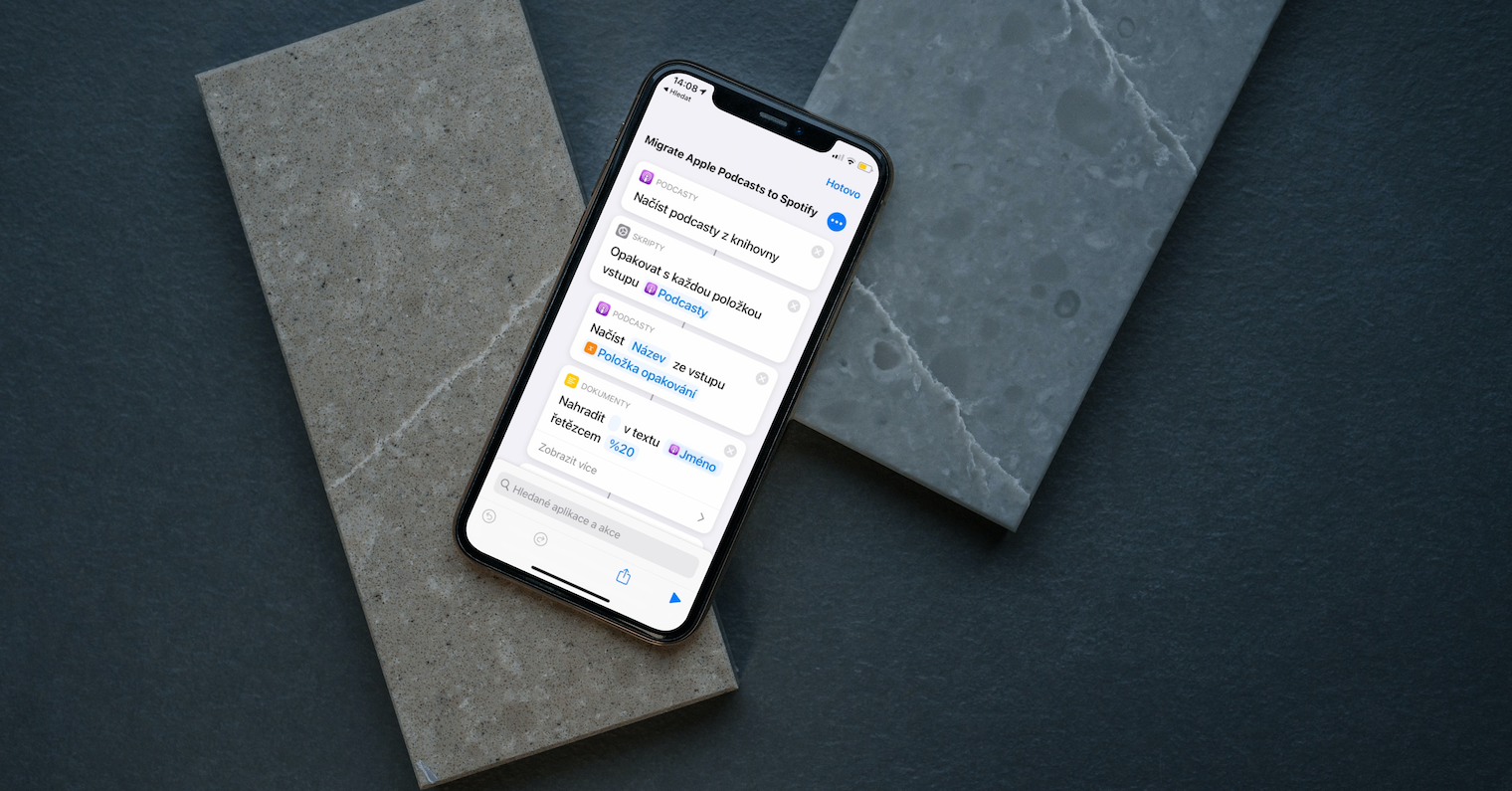
Endless arguments about commission
In its testimony, Spotify took aim at Apple's requested cut of the 30% commission. Under App Store rules, the service is currently required to deduct revenue from all subscriptions made within its iOS app that were made through the microtransaction system. Apple commissions are charged at 30% for the first year and 15% for all subsequent years that each user remains subscribed to. For that reason, Spotify already stopped using its in-app purchases in 2018 (similar to Netflix).
Spotify argues that Apple should provide its competition with alternative digital payment systems, allowing supply and demand to determine what the right fee is. But in its letter, Apple states that the App Store commission meets the commission determined by other market forces. This claim is based on a comparison of what other digital stores charge, which existed even before the App Store, which was launched in 2008. Apple also defends itself by saying that it has never increased the 30% commission, but instead decreased it. He even accuses Spotify that when he allowed the commission to be reduced to 15% in the second year of the subscription, Spotify did not respond to this and did not reduce the subscription to its users.
It could be interest you

For digital content only
One of Spotify's other complaints was that Apple only charges a commission for digital goods, not physical ones. He claimed that Apple thus focused on businesses that compete with it with their own service offerings. Apple refutes this by saying that digital and physical have existed since the beginning of the App Store, and Apple did not launch services like Apple Music or Apple TV+ until many years later.
He adds that the difference between physical and digital sales is in line with other app stores and makes sense here (e.g. food, drinks, clothing, but also furniture or tickets). Apple's claim of trying to fight its Apple Music service rather than the commission is also evidenced by the fact that most Spotify subscribers made the payment outside of the Spotify iOS app. It is said that only one percent of all subscriptions to the service were made in it.

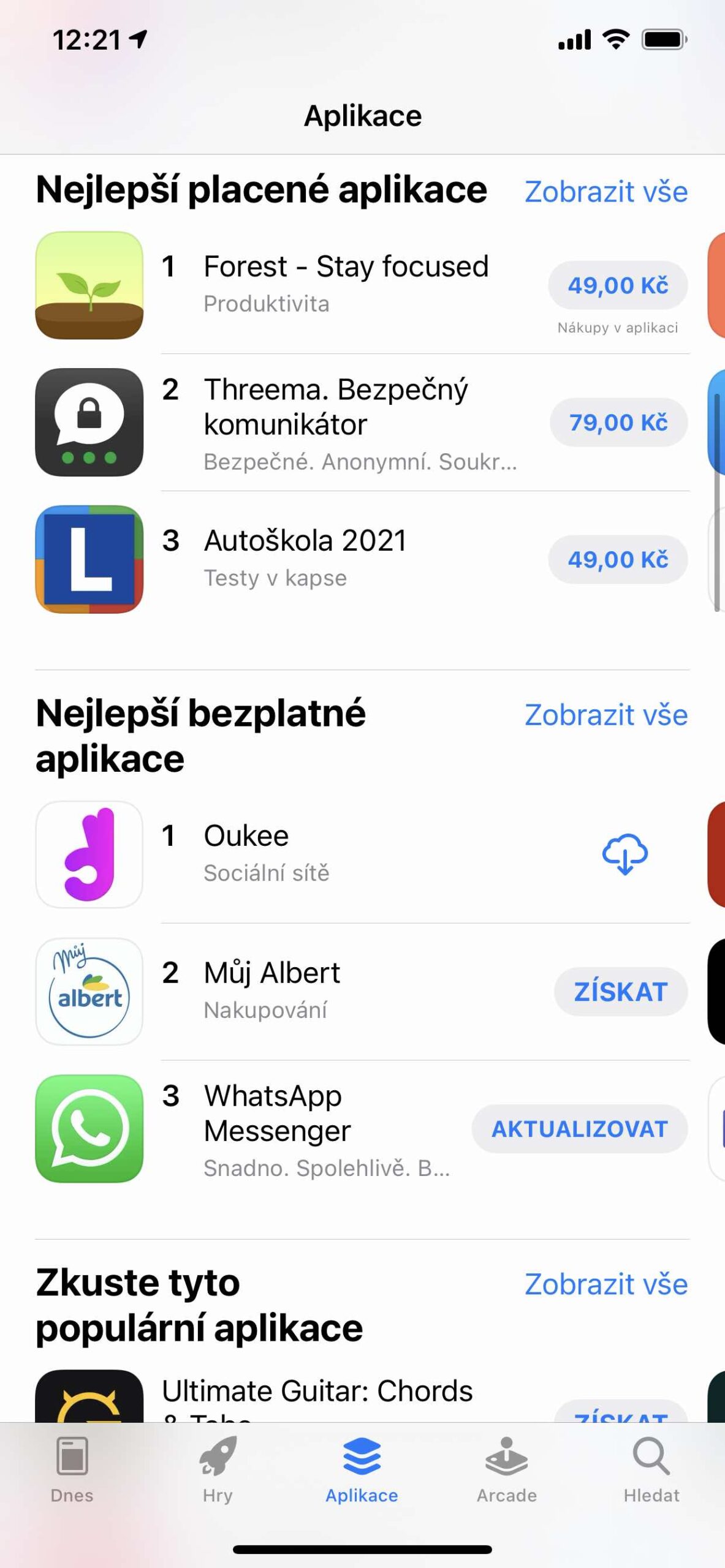
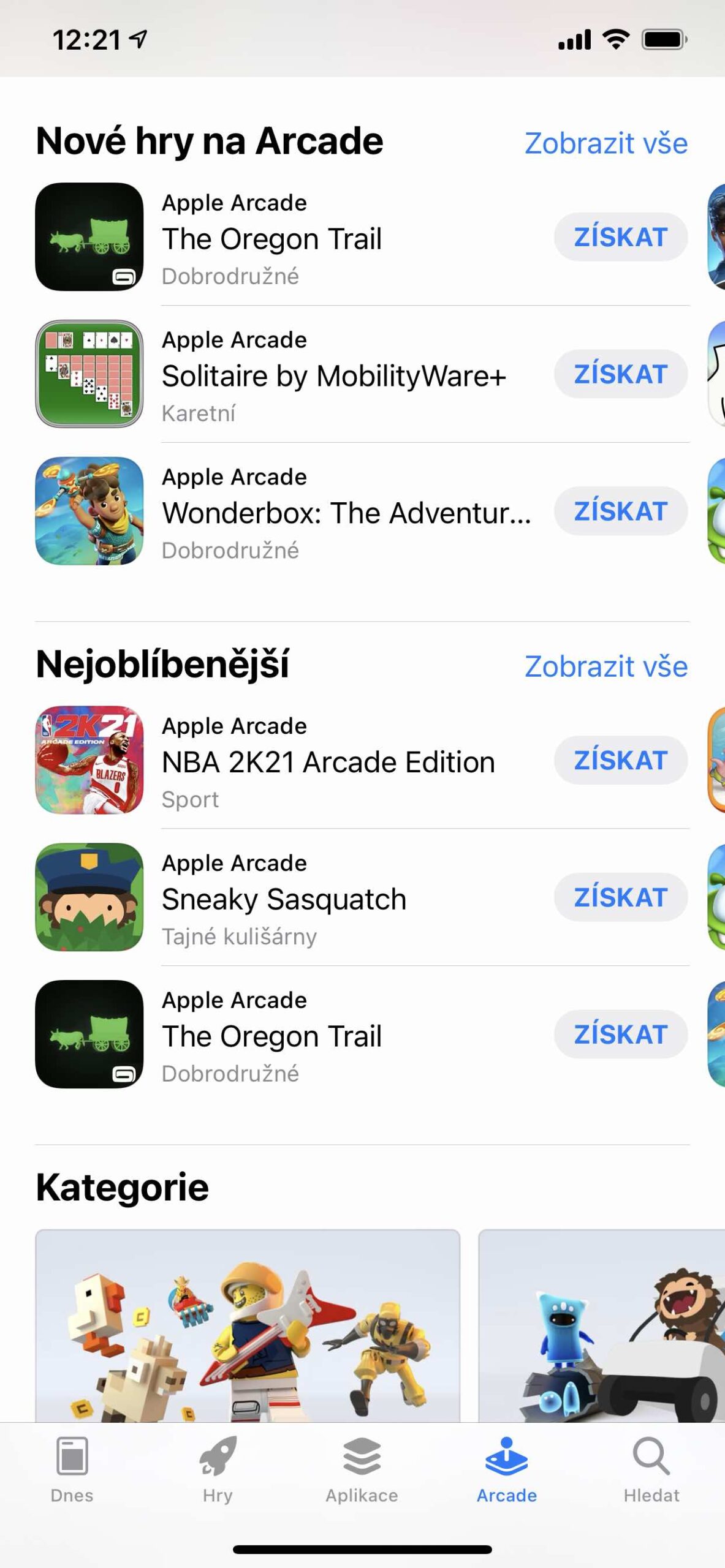


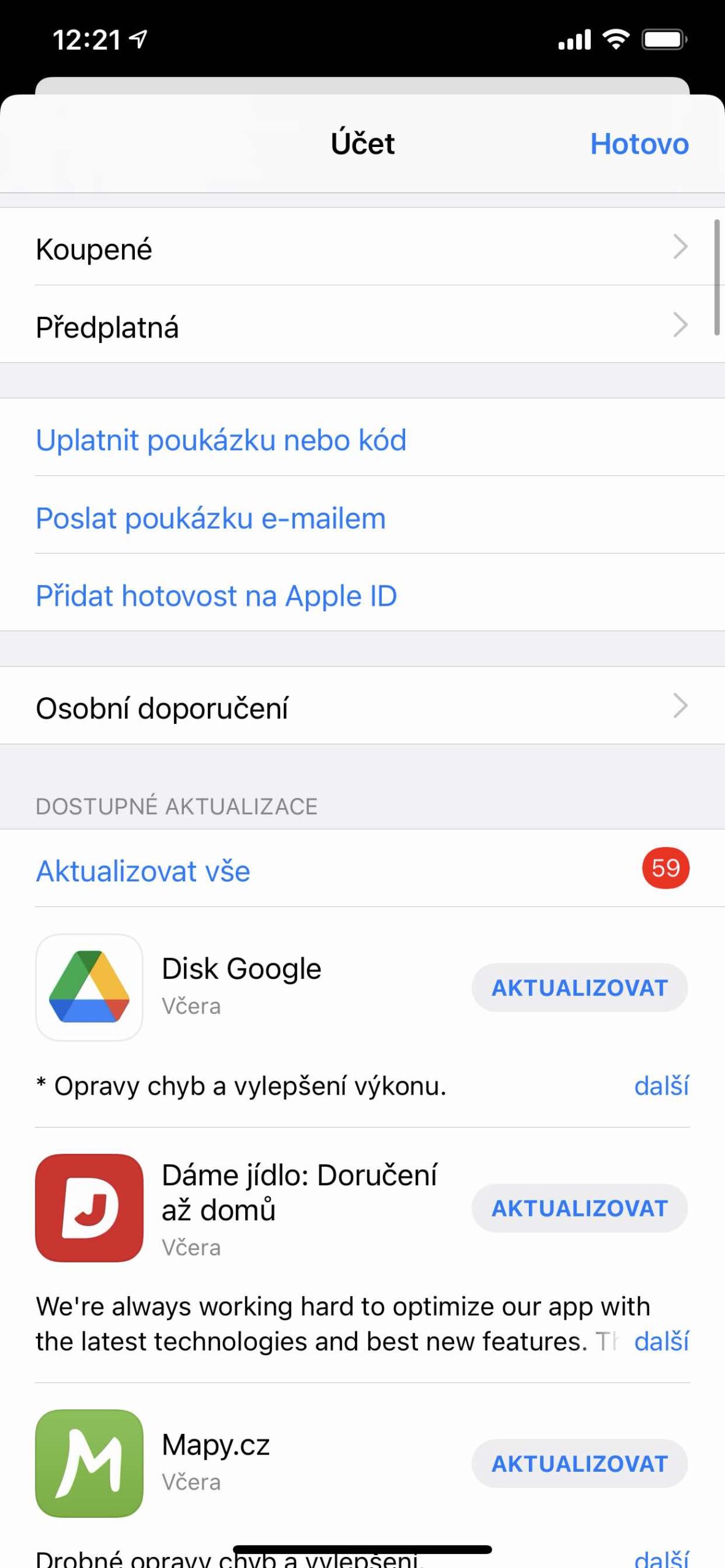
 Adam Kos
Adam Kos 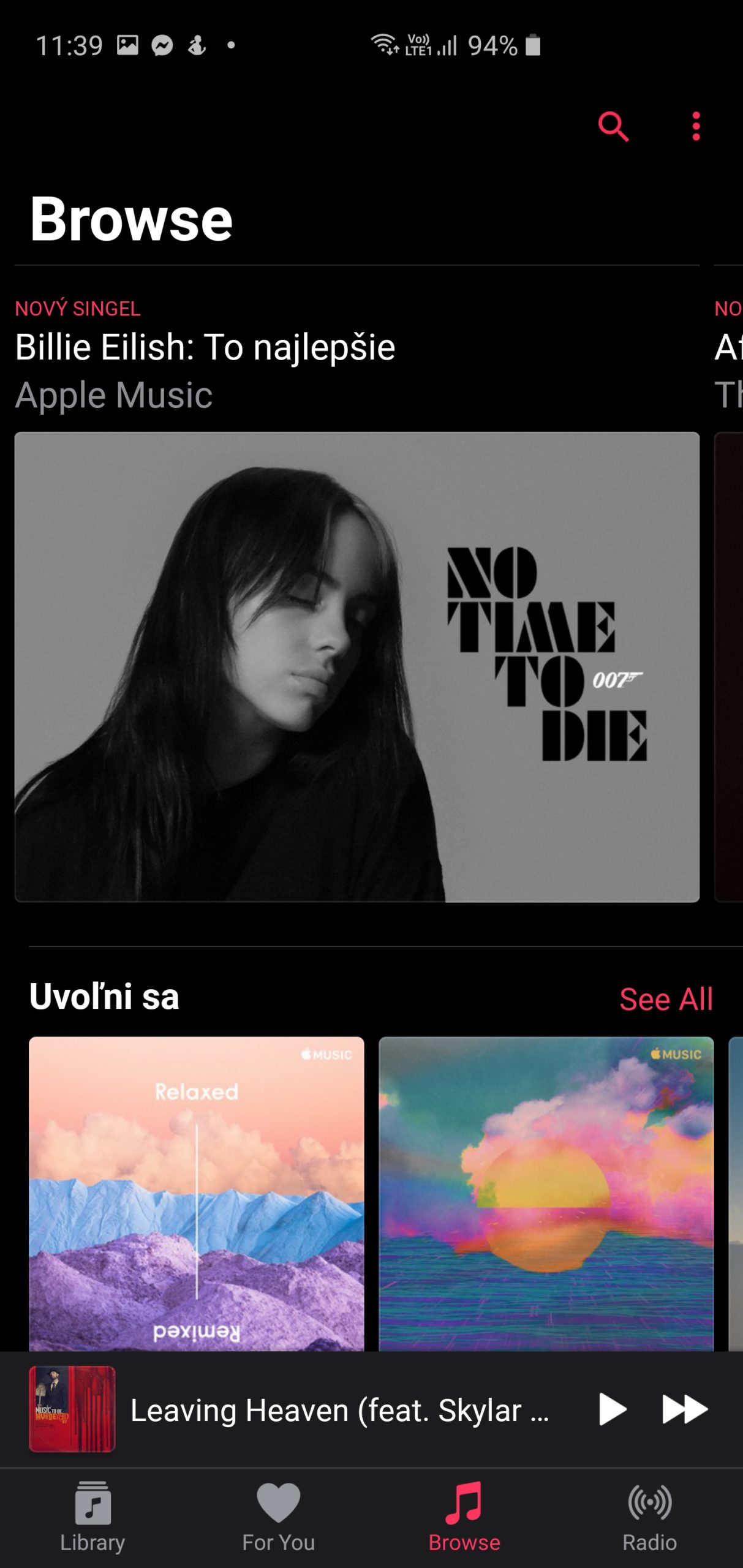
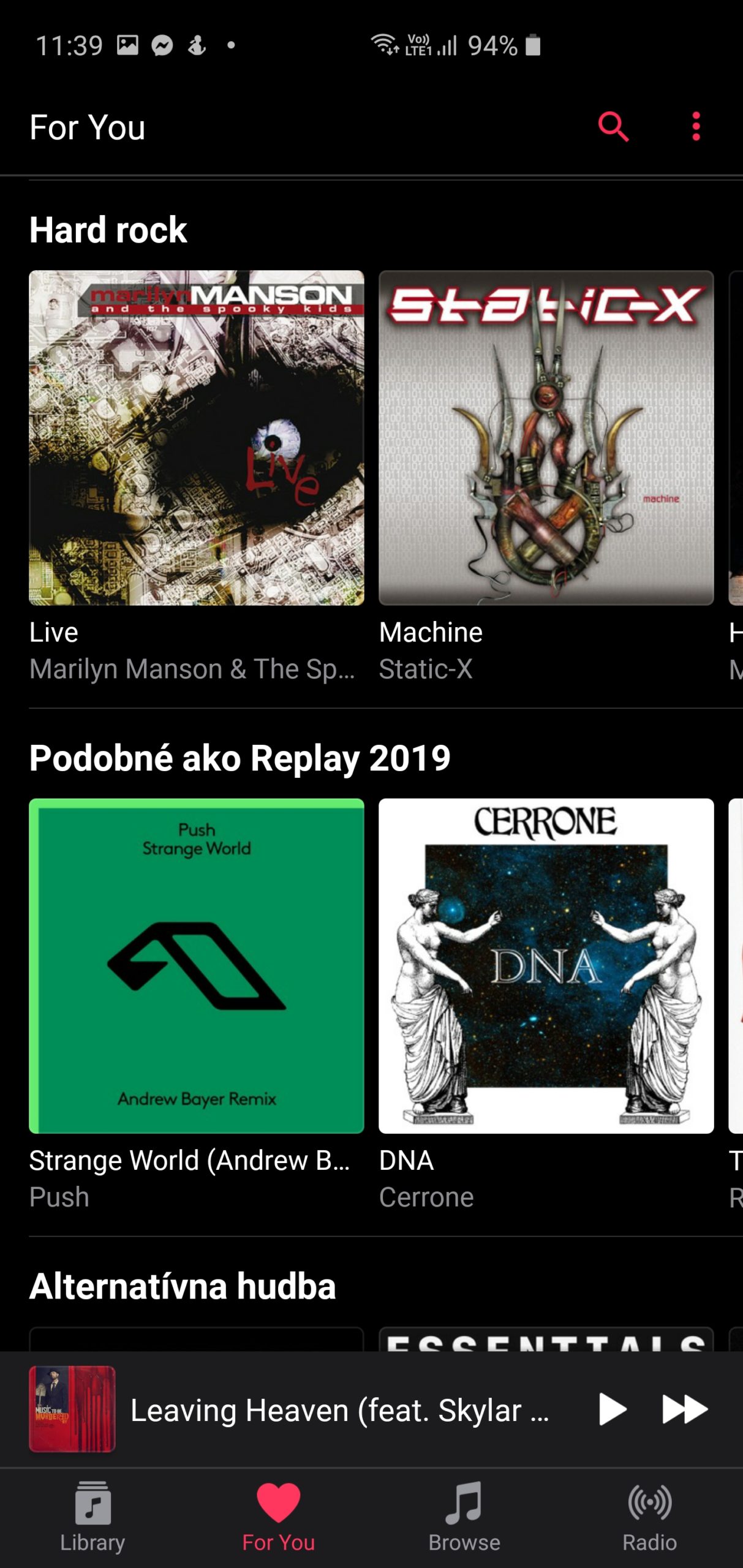
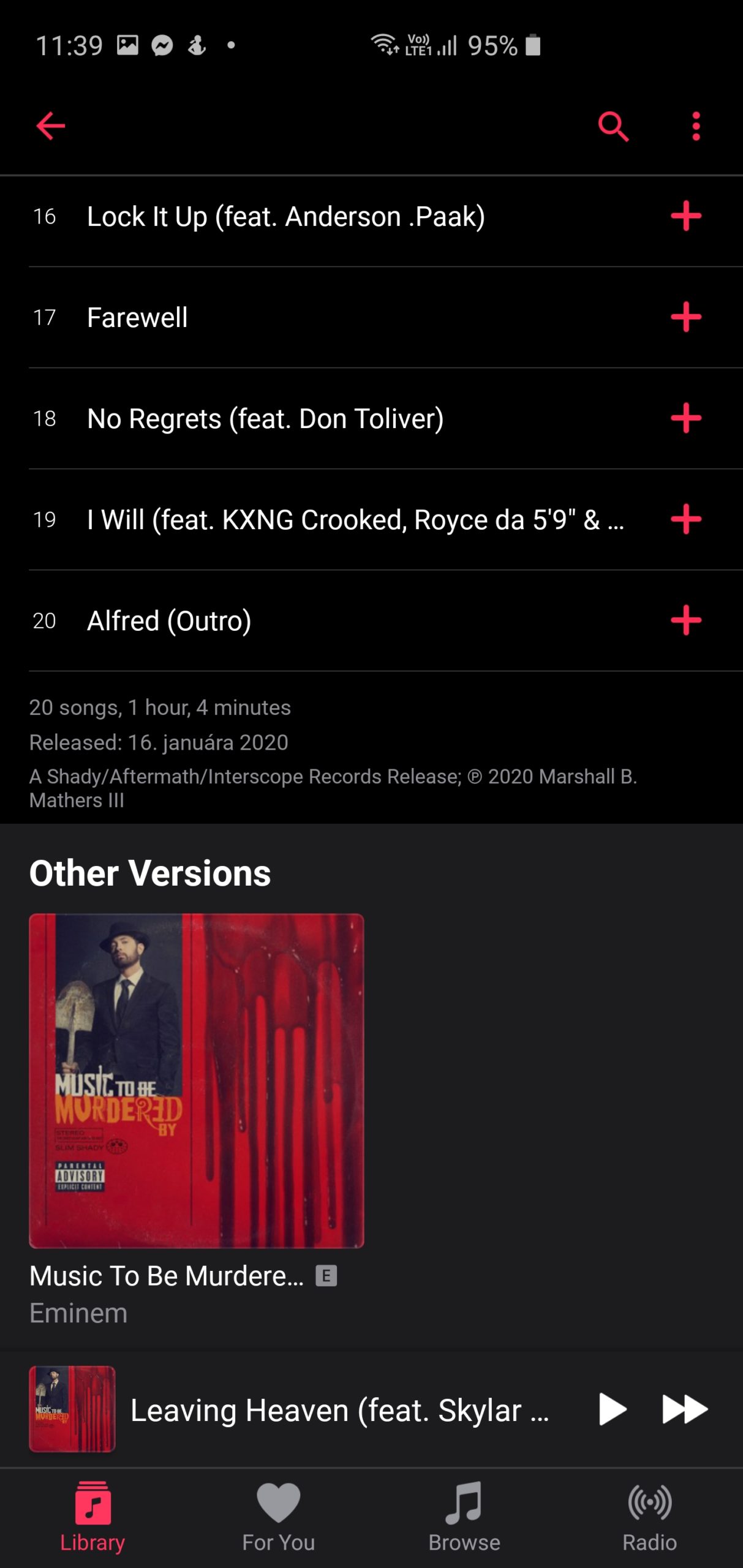







"Spotify says Apple should provide its competition with alternative digital payment systems, allowing supply and demand to determine what the right fee is"
I'm all for Spotify doing the same and letting users decide what the right subscription price is. And considering how much the full price is "circumvented" by the family membership, they probably wouldn't like the resulting amount very much.